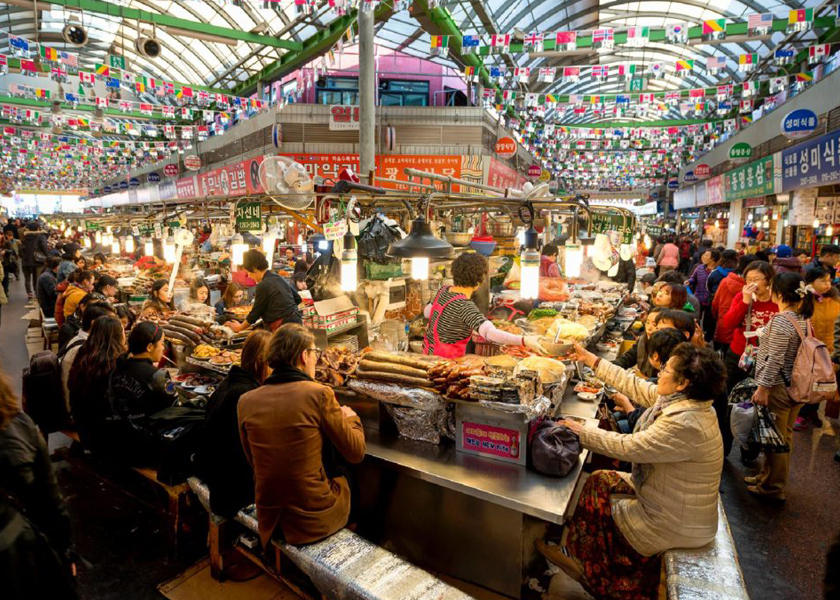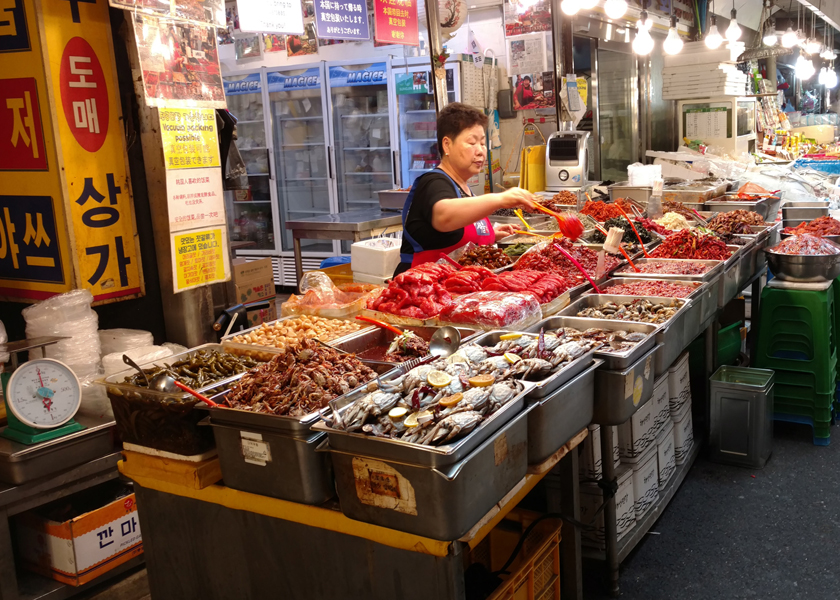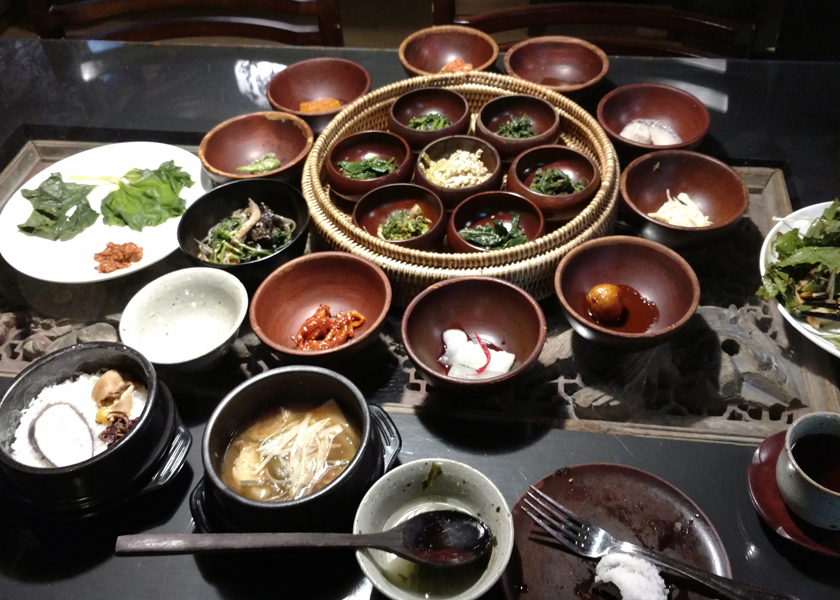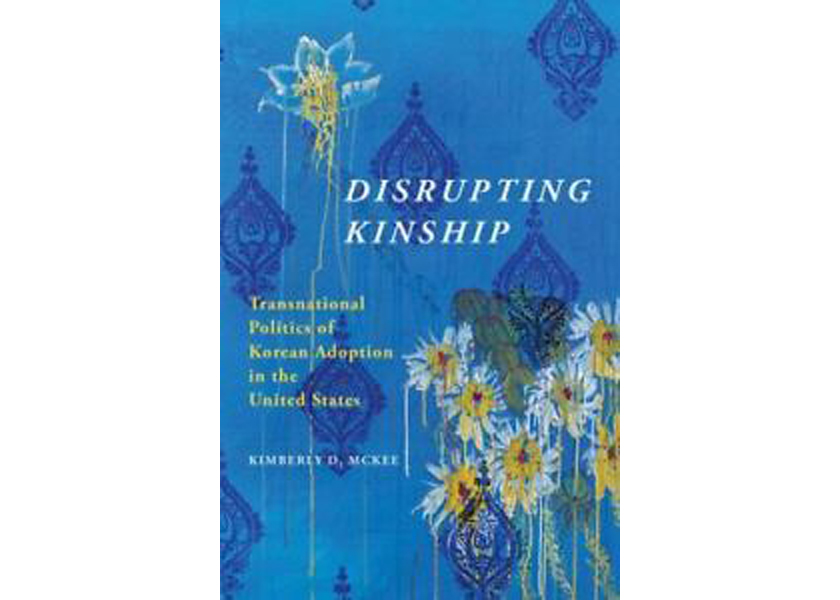Single motherhood ~ still financially and socially untenable for South Korean women | By Sara Salansky (Fall 2022)

I was recently asked by a staff writer for The Korea Times to write an opinion essay to be sent to the new president’s administration about policies I would like to see changed, from the perspective of an overseas Korean adoptee. The newspaper’s leadership wished to collect some opinions from Korean adoptees in other countries on how the new administration could improve policies to benefit our group, the hundreds of thousands sent abroad as adoptees.
My article was edited by The Korea Times’ staff. I was honored to be asked for my opinion and have it printed in The Korea Times, and I hope that the new administration takes our opinions seriously. However, it is not only the new administration that needs to take these issues to heart; the entire population of Korea needs to listen up too.
They may read this and think, ‘yes, it’s a problem, but what can we do about it?’ I think it is up to each person to “be the change you want to see” as Mahatma Gandhi once said, and start respecting one another as human beings, without regard to one another’s high-class or low-class status.
Korean culture seems to revolve around a class system – the language structure itself indicates the significance of one’s position in society, but respect can be shown in many ways other than honorific speech. Not only should everyone be spoken to respectfully, everyone should also be treated respectfully, regardless of when they were born or who they were born to.
Korean language and manners are steeped in Confucian tradition, and the Confucian mindset will always be a part of the culture. However, tradition should go only so far, and when neglect of human beings is a part of that tradition, it has gone too far.
According to the South Korean government’s Ministry of Health and Welfare, since the late 1950s, approximately 200,000 Korean adoptees were placed abroad; 170,000 of those went to the U.S. As a group, intercountry adoptees suffer from being taken from their country of origin. This suffering happens in ways we understand, and many ways that we cannot understand. We experience internal conflicts, the pain and trauma of separation, and a sense of abandonment. As a result, we experience a loss of identity, and a disruption to our sense of belonging to our culture that lasts a lifetime.
I am only an expert on my own experience. I am just an observer of others’ experiences, and Korean adoptees certainly differ from one another in how acutely they feel these losses in their lives. However, these are the issues that seem to rise to the top as the main struggles of the Korean adoptee experience.
When adoptees return to Korea to live and work, they feel ostracized because they are a product of a situation that is not respectable in the Korean culture. By contrast, in the U.S., children can grow up in families where the parents are divorced or where one parent is raising the family, and the stigma is still minimal; at least, it is in recent times.
However, in Korea, a child has lost the right to a normal Korean life the minute he/she is conceived. When a child is raised by a single mother, the child and mother are both relegated to a low-status class, and the child has a much smaller chance of financial or educational success compared to a child of a married couple.
Children need the adults in their lives to make wise decisions for them before they are able to do so for themselves. Children never ask to be adopted. They are never given a choice to stay in their country of origin or be sent away. So logically, no one should be blamed for their origins, or for decisions that were made for them before they had a say, such as adoption. However, that kind of blaming happens in Korea.
What is the option for a single mother, or a single mother-to-be? There are single mothers in every society; however, there are stark differences is in the way societies treats them. What hope is there in Korea for that mother and child? Koreans need to think about single mothers and their children as equal citizens and fellow human beings.
As a second-wave Korean adoptee, I would like Korean people to consider ways to change the narrative, within their own hearts and minds, and in the policies and laws applicable to families in South Korea. How can the society treat all children alike, and prevent the hopelessness and desperation that create the conditions through which so many children are either aborted or sent to other countries as adoptees?
Human equality has to be foremost as an idea to change the paradigm. South Koreans believe in democracy, and one of the good ideas of democracy is that all persons are created equal. Single mothers need to be accepted in Korean society and allowed to raise their child with all the same rights and benefits as families with two parents. The mother and child should not be punished because a man chose to not take responsibility for his actions.
There is a sense of shame borne by every Korean woman who gets pregnant while single, no matter the circumstances. The shame is never attached to the father of that child. There needs to be more enforcement in a moral and legal sense, to make the father at least financially responsible. Without financial help, a family with only a single mother will be perpetually in survival mode.
There is also a crucial need to support single mothers so families can stay together, and the adoption cycle can finally be broken. The government needs to advocate for single mothers’ right to keep and raise their child, both with government support and enforcement of child support by the father. If the government were to create (and enforce) a law to force paternity support from fathers, more men would think twice about their actions. Maybe then the abortion rate will decrease as well.
As a child of an unknown (probably single) mother in Korea, it is really quite unconscionable to me to consider that I would not have had a successful life in Korea, like I have had in the U.S. For example, I probably could not have had the successful military career that I had in the U.S.; perhaps I would not have been able to marry a good husband, as I did in the U.S.
And why is that? I’m just as human as the successful-looking Korean man in a suit, standing next to me in the subway. Aren’t I? I have the same potential to be of value to Korean society as that salary-man, don’t I?
But would I be able to succeed at these things in Korea as a daughter of a single mother, who would be struggling with poverty, trying to provide for my education and other components of a happy life with no paternity payments or government support? Probably not.
Even by the numbers, single motherhood is untenable. In South Korea, a single mother gets 250,000 won per month (about $193) to subsidize basic living expenses and child care. Calculating income and costs for a single mother, most would make minimum wage, or about 367,000 monthly (about $284) for a full-time job. However, transportation, a meager food allowance (probably not enough for healthy diet for mother and child, medical insurance, and childcare costs equal about 494,000 won/month (about $382).
These expenses do not even count the cost of an independent apartment, which is why most single mothers live with parents. Why is it that the single mother’s subsidy is so low that she is forced to live with her parents? It is not a situation that offers much hope for the future for single mothers or their children.
Financially and socially, South Korea is not supporting its single mothers. That is why the cycle of adoption continues to this day. For most Korean single mothers, raising a child on their own is impossible not only because it is socially unacceptable, it is also because it is nearly financially unworkable.
An intentional and sincere change in South Korean laws and policies, including adequate financial support, would help single mothers raise their own children. With more single mothers in society, perhaps their presence could be normalized in society despite Confucianism, and despite the traditional shame associated with single motherhood.
Societies as well as individuals, are judged on how well they treat the most vulnerable among them. As a society that believes in democracy and rule of law, South Korea can do better. Please Korea, do it to save lives, preserve families, show your humanity, and stop the cycle.






